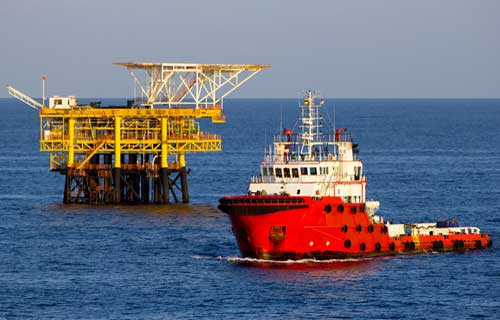Seabound Conduits: Anticipated Expansion in Offshore Pipeline Sector

Offshore pipelines stand as pivotal conduits within the subsea transportation network, facilitating the conveyance of carbon products from resource extraction sites to end users and markets. Forecasts suggest a trajectory of growth for the offshore pipeline sector in the foreseeable future, underpinned by burgeoning investments in pipeline ventures.
Projections indicate significant expansion on the global offshore pipeline landscape in the years ahead. Forecasts predict an upward trajectory, with the global offshore pipeline market poised to burgeon from USD 14.8 billion in 2022 to USD 18.6 billion by 2027, reflecting a compound annual growth rate (CAGR) of 4.7% over the forecast period.
The offshore pipeline domain brims with promise, propelled by escalating deployment of oil and gas distribution networks and the escalating utilization of natural gas. Key drivers fueling market momentum encompass the mounting demand for crude oil and refined products from refineries, alongside the burgeoning petroleum industry.
Europe emerges as a focal point, representing both the largest and fastest-growing region in the offshore pipeline domain. The region’s growth narrative is underscored by a surge in refined product production, spurred by heightened demand from the petrochemical sector. Europe’s ascendancy as a significant contributor to the offshore pipeline arena is attributed to the escalating cost competitiveness of transportation solutions, offering consumers access to clean energy sources and avenues for cost reduction.
Concurrently, North America is poised to witness substantial investments in pipeline infrastructure. Following the upsurge in shale oil and gas production in the United States, concerted efforts are channeled towards the development of new pipeline projects to meet escalating demand. Pipeline integrity services assume paramount importance, serving as bulwarks against transportation risks, ensuring structural resilience, and safeguarding personnel and assets. The imperative for integrity services underscores the need to avert geo-hazardous scenarios along pipeline routes and fortify pipelines against corrosion. Against this backdrop, assessment activities during the construction phase emerge as critical opportunities, engendering avenues for comprehensive risk mitigation and infrastructure fortification.
Information
- 1 King Street, London EC2V 8AU
- contact@ehtcaconsulting.com
- +44 7300 813392

